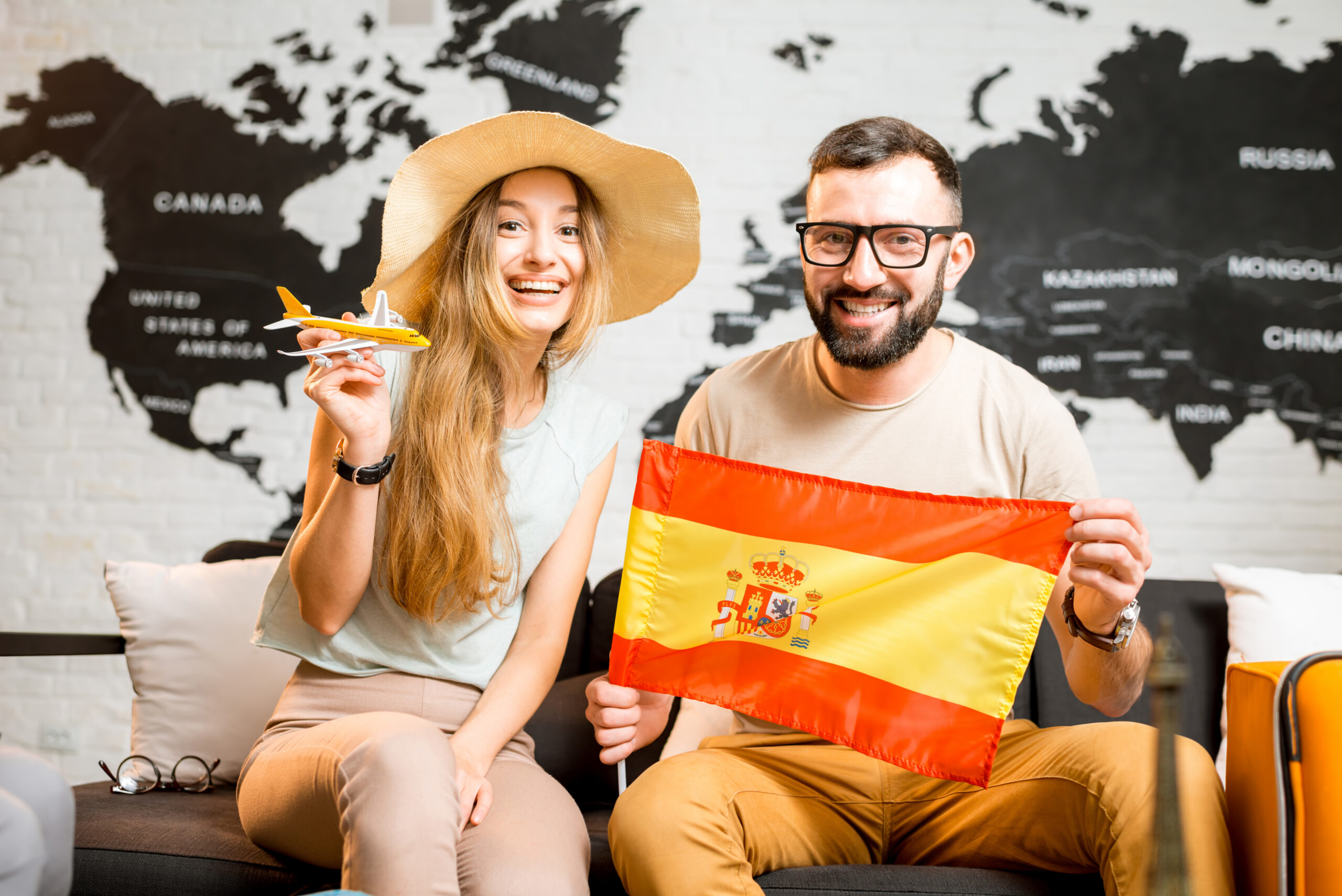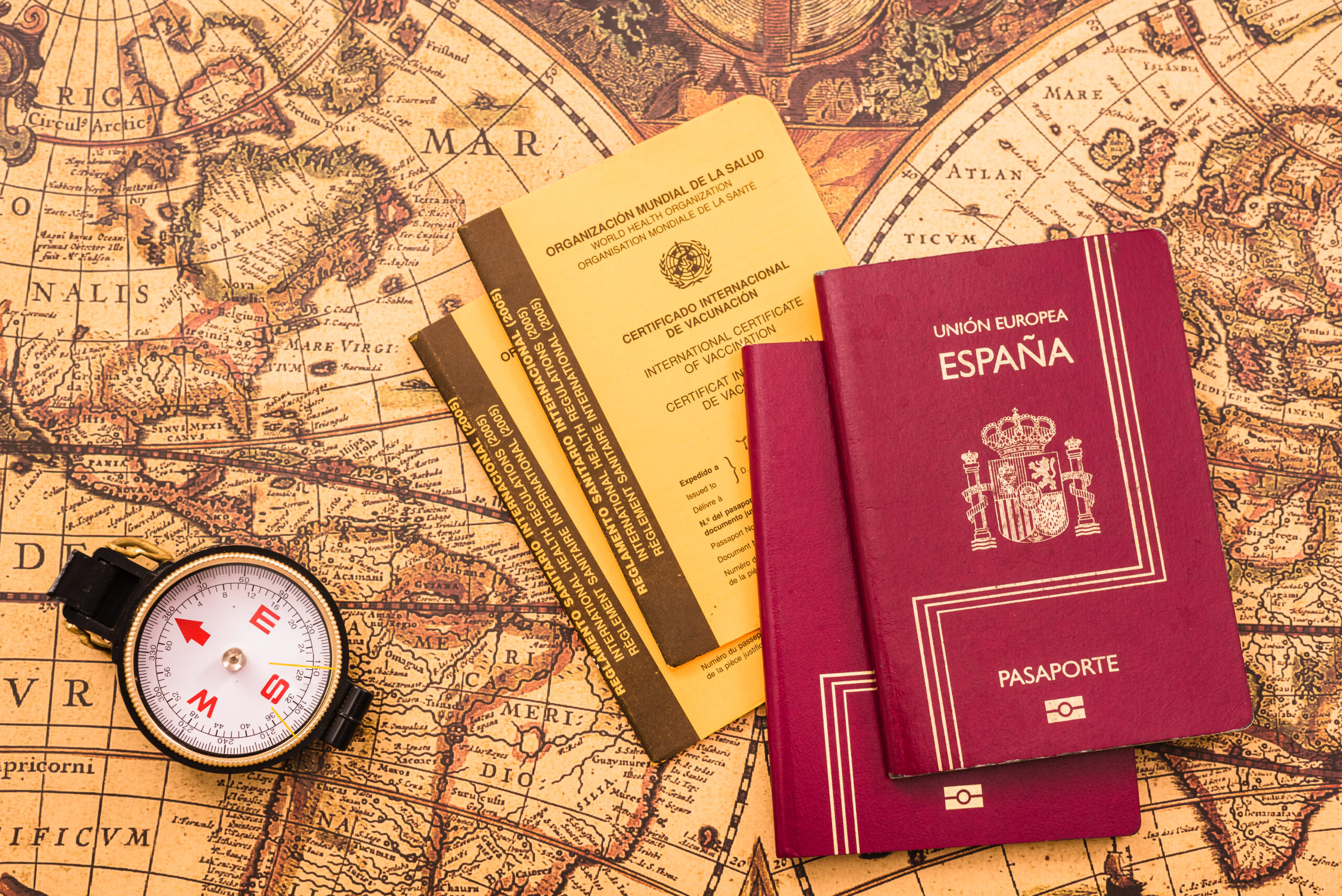Spain Embassy in Turkey: Best 5 Things You Should Know Before Applying
- Home
- Spain Embassy in Turkey: Best 5 Things You Should Know Before Applying
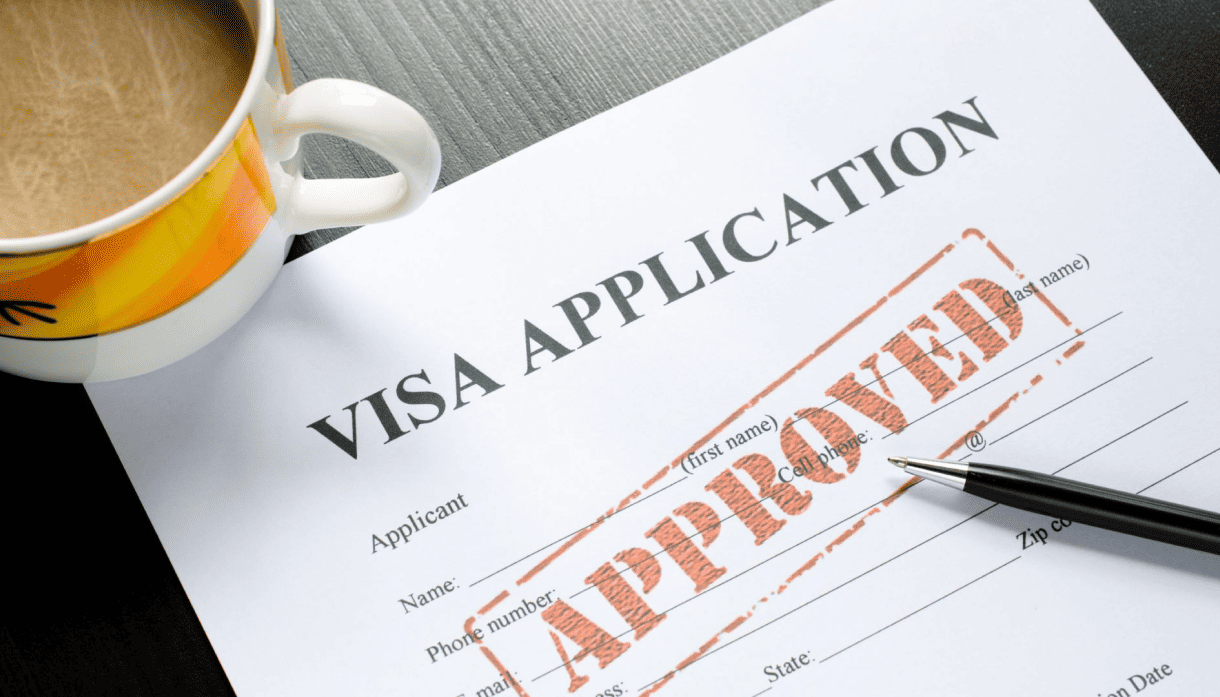
Spain Embassy in Turkey: Best 5 Things You Should Know Before Applying
When applying for a Spanish visa at the Spain Embassy in Turkey, it’s essential to be well-prepared to ensure a smooth and successful process. Whether you’re a tourist eager to explore the historical streets of Madrid, a student looking to enroll in one of Spain’s prestigious universities, or a professional seeking business opportunities in the vibrant Spanish economy, understanding the intricacies of the application process can make all the difference.
This guide will provide you with detailed insights into the top five things you should know before submitting your visa application to the Spain Embassy in Turkey. With careful attention to each step, you’ll increase your chances of a hassle-free application experience and reduce the possibility of delays or rejections. Let’s dive into the key factors that can impact your visa application success at Spain Embassy in Turkey.
1. Understanding Visa Types and Eligibility
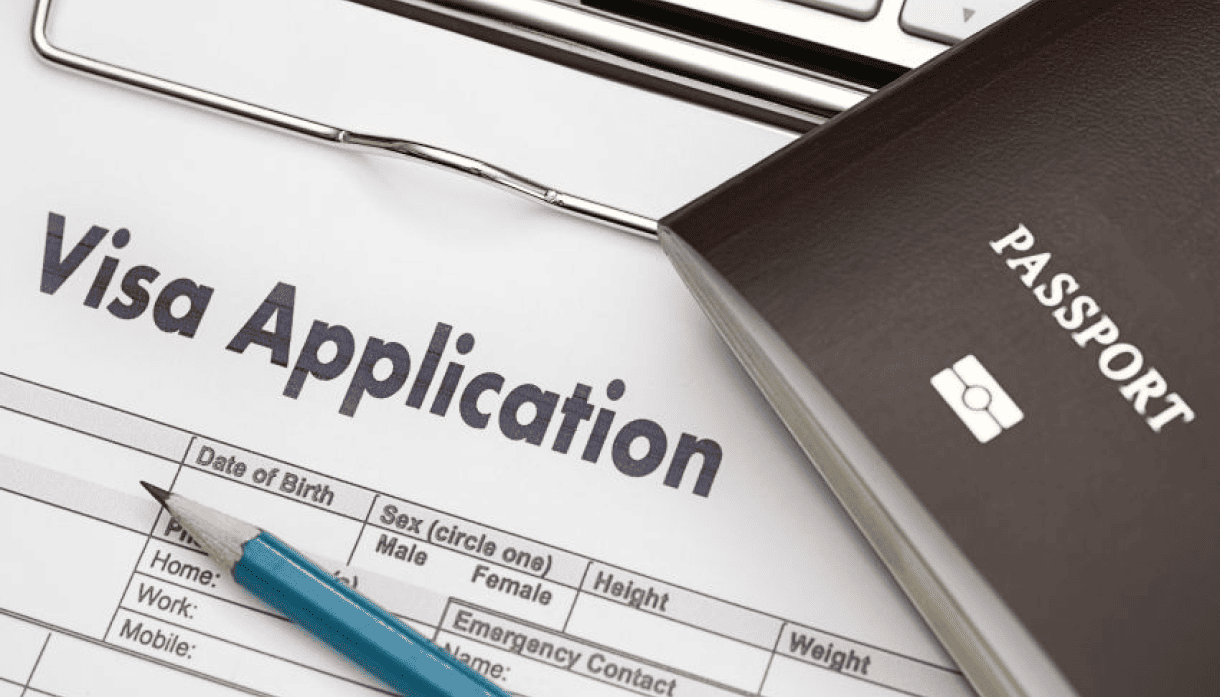
One of the most fundamental steps before heading to the Spain Embassy in Turkey is understanding the different types of visas available and determining which one is right for your needs. Spain offers a variety of visa categories, each tailored to specific purposes of travel. The visa you choose will depend largely on the length of your stay and the purpose of your visit. Here are some of the most common visa types available at Spain Embassy in Turkey:
- Schengen Tourist Visa: If you plan to visit Spain for tourism or business purposes for up to 90 days within a six-month period, the Schengen visa is what you’ll need. This visa allows you to travel not just to Spain, but also to other countries in the Schengen Zone. The Schengen Visa is ideal for short vacations, business trips, or family visits.
- Student Visa: For individuals planning to study at a university or other educational institutions in Spain, a student visa is mandatory if the course lasts more than 90 days. With a student visa, you’ll have the opportunity to immerse yourself in Spanish culture while pursuing academic goals in one of the country’s top institutions.
- Work Visa: If you’ve secured employment with a company in Spain, a work visa is necessary to legally work and live in the country. This visa often requires sponsorship from your employer and involves more rigorous documentation compared to a tourist visa.
- Residency Visa: For those looking to move to Spain long-term, whether for retirement, investment, or to join family members already residing there, a residency visa is the appropriate option. This visa allows individuals to stay in Spain for extended periods and is often the gateway to obtaining Spanish residency and, eventually, citizenship.
Each visa type comes with its own set of eligibility requirements. For example, a Schengen Visa applicant must prove their intent to return to Turkey after their short stay, while a work visa applicant must demonstrate that they have a valid job offer from a recognized employer in Spain. It’s important to thoroughly research the type of visa you need and ensure that you meet the eligibility criteria before applying. Failure to choose the correct visa type or meet the necessary conditions could result in a rejection from the Spain Embassy in Turkey.
2. Thorough Document Preparation
Preparing the required documents is arguably one of the most critical steps in the visa application process at the Spain Embassy in Turkey. A well-prepared application package with all necessary documents will significantly increase the chances of your visa being approved. Conversely, missing or incorrect documentation can result in delays, requests for additional information, or even a denial of your application.
The exact documents you need to submit to Spain Embassy in Turkey depend on the type of visa you’re applying for, but there are several key documents that are generally required across most visa categories:
- Completed Visa Application Form: Every visa applicant must fill out the visa application form accurately and completely. The form should match the details provided in your other documents, including your passport and itinerary. Inconsistent information can lead to a rejection, so double-check all entries.
- Passport: Your passport must be valid for at least three months beyond the date of your planned departure from Spain, and it should have at least two blank pages for visa stamps. It’s also crucial to ensure that your passport is not damaged, as this could cause complications during the visa process.
- Recent Photographs: You will need to submit two recent passport-sized photographs that meet the Schengen visa photo requirements. The photos should be taken against a white background, with your face clearly visible, and no older than six months.
- Proof of Financial Means: Spain requires all visa applicants to demonstrate that they have sufficient financial means to support themselves during their stay. This proof could take the form of bank statements, salary slips, or a letter from a sponsor who will cover your expenses. Generally, you will need to show that you have enough funds to cover accommodation, transportation, meals, and any other costs associated with your stay.
- Travel Insurance: One of the essential requirements for a Schengen Visa is having travel insurance that covers medical emergencies, including repatriation, with a minimum coverage of €30,000. The insurance must be valid for the entire duration of your stay in Spain and the Schengen Area.
- Flight and Accommodation Details: While you are not required to book your flight before your visa is approved, you should provide proof of a reservation or an intended itinerary. Similarly, you should show evidence of your accommodation, whether it’s a hotel booking or a letter of invitation from someone you will be staying with in Spain.
Additionally, depending on the purpose of your visit, you may need to submit specialized documents such as:
- Invitation Letters: If you are visiting Spain for business or to stay with family, an invitation letter from your host will likely be required. The letter should outline the nature of your relationship with the host and details about your stay, including dates and where you will be residing.
- Employment Contract: For work visa applicants, the contract from your Spanish employer must be included, along with proof that the company is authorized to hire foreign workers.
Ensuring that all documents are accurate and up to date is essential. It’s a good idea to use a checklist provided by the Spain Embassy in Turkey or the consulate’s website to ensure you’ve gathered everything required.
3. Scheduling Your Visa Appointment

Once your documents are prepared, the next step is scheduling a visa appointment at the Spain Embassy in Turkey. The embassy does not accept walk-in applications, so it’s crucial to secure an appointment in advance. Appointments can usually be scheduled through the embassy’s online system, or you may be directed to use a third-party service, such as BLS International, which handles visa applications on behalf of the Spain Embassy in Turkey.
Appointments fill up quickly, especially during peak travel seasons such as the summer months or during holiday periods. Therefore, it’s advisable to book your appointment at least a few weeks before your intended travel date. Some applicants wait until the last minute, only to find that no appointments are available, causing them to miss their travel plans. Avoid this by scheduling early.
During your appointment at the Spain Embassy in Turkey, you will need to submit your completed application form, all supporting documents, and pay the visa fee. Depending on the volume of applications being processed at the Spain Embassy in Turkey, your appointment may take anywhere from 30 minutes to a couple of hours. Be sure to arrive on time and bring copies of your documents in case additional copies are requested.
4. Visa Processing Time and Fees
One of the most frequently asked questions by visa applicants is how long it takes to process a visa and what the associated fees are. At the Spain Embassy in Turkey, visa processing times can vary depending on several factors, including the type of visa and the time of year you’re applying.
- Short-Stay (Schengen) Visa: Processing typically takes between 10 to 15 business days from the date of your appointment. However, during peak seasons, processing times may extend beyond this. It’s important to apply well in advance of your planned travel dates to account for any potential delays.
- Long-Stay Visa: For student, work, or residency visas, the processing time may be longer—up to 30 days or more, depending on the complexity of your application and the documents required.
In terms of fees, visa costs can vary. Here’s a rough estimate of what you might expect to pay when applying at the Spain Embassy in Turkey:
- Schengen Visa (Short-Stay): The standard fee for a Schengen Visa is approximately €80 for adults. Children aged 6 to 12 years pay around €40, while children under 6 are typically exempt from paying the visa fee.
- Long-Stay Visa (Student, Work, Residency): Fees for these visas tend to range from €60 to €120, depending on the visa category.
It’s also worth noting that visa fees are non-refundable in Spain Embassy in Turkey, even if your application is rejected. Therefore, it’s vital to ensure that your application is complete and that all required documents are submitted to avoid potential rejection.
5. The In-Person Interview: What to Expect and How to Prepare for Success
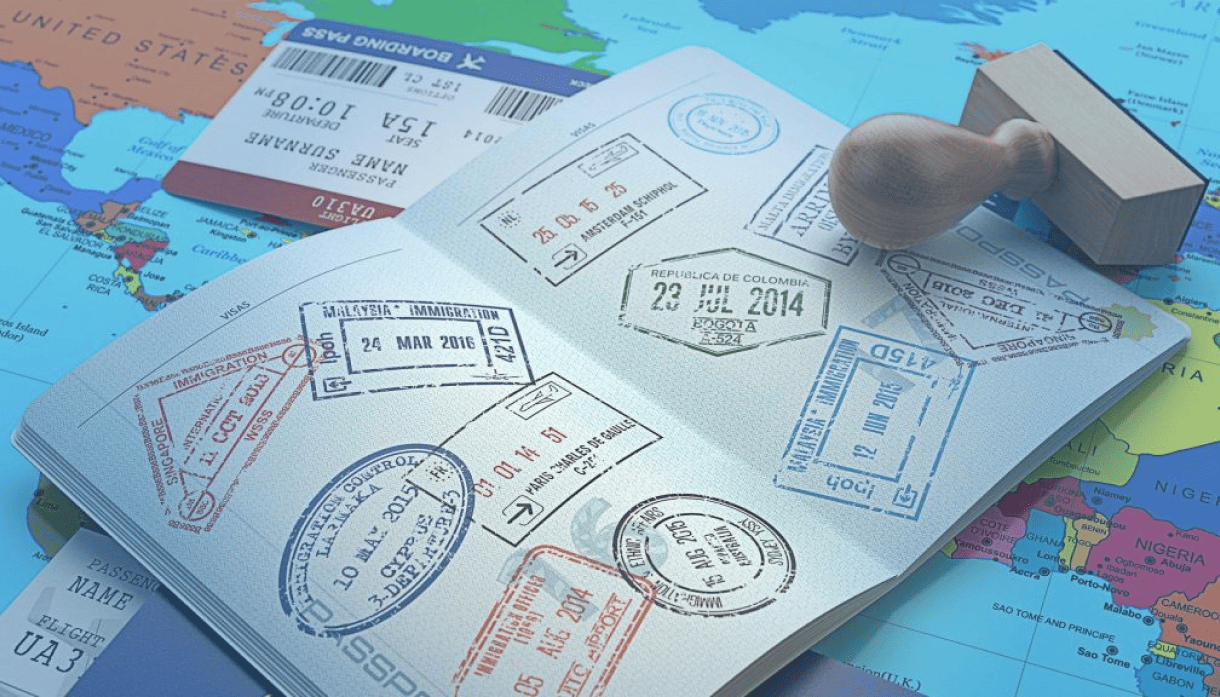
The in-person interview at the Spain Embassy in Turkey is often viewed as one of the most crucial and nerve-wracking steps in the visa application process. It is the point where visa officers determine whether an applicant’s intentions align with the visa type they are applying for and assess the overall validity of their application. While the idea of an interview might seem daunting, being well-prepared, organized, and informed can help ease your anxiety and set you up for success.
Unlike the document submission phase, where all the required paperwork is meticulously reviewed, the interview allows the visa officer to have a direct conversation with the applicant. This face-to-face interaction is intended to verify the information you’ve provided and to ensure that you meet all the necessary requirements for your visa. While some applicants may feel uneasy about being questioned, this step is simply a routine procedure to ensure transparency and prevent fraudulent or incorrect applications from being approved.
Understanding the Purpose of the Interview:
The purpose of the in-person interview at the Spain Embassy in Turkey is multifaceted. First and foremost, the embassy wants to verify the accuracy of the information you’ve provided in your application. Visa officers will cross-check your answers during the interview against the details you submitted in your visa form and supporting documents. For instance, if you indicated that you plan to stay at a particular hotel or with a family member, you should be prepared to provide additional details about this during the interview.
Another primary goal of the interview is to evaluate your genuine intent in traveling to Spain. The embassy seeks to ensure that you plan to return to Turkey after your short stay (in the case of a Schengen visa) or that you genuinely meet the criteria for longer stays, such as study or work visas. This is particularly important for those applying for a tourist visa, as the embassy needs to verify that you have no intention of overstaying your visa or engaging in activities that are not covered by the visa type you are applying for .
Lastly, the interview serves to assess your overall preparedness for your trip. This includes confirming that you have sufficient financial means to support yourself during your stay in Spain, a clear travel itinerary, and that you understand the requirements associated with your visa. If the embassy feels that you lack clarity on any of these fronts, they may request additional documentation or deny your visa, so it’s essential to be well-prepared for this conversation.
Preparing for Common Interview Questions:
To help you better understand what to expect during the interview at the Spain Embassy in Turkey, it’s useful to be aware of the common questions that visa officers tend to ask. These questions vary depending on the visa type but generally focus on the following areas:
- Purpose of the Visit: This is perhaps the most fundamental question you’ll be asked. Visa officers will want to know why you’re traveling to Spain. For instance, if you are applying for a tourist visa, you may be asked to explain what attractions or cities you plan to visit. If it’s for business, they might ask about the nature of the meetings or conferences you plan to attend. For student visa applicants, this question often revolves around the specific course or university and the reasons you chose to study in Spain. Be sure to provide concise, honest, and clear answers in Spain Embassy in Turkey.
- Financial Means: Visa officers will want to verify that you have the financial capacity to support yourself throughout your stay. They may ask questions about your income sources, such as your salary or savings. You should also be ready to explain any sponsorship details if someone else is covering your expenses. This is particularly important if you are applying for a Schengen visa, as Spain requires proof that you can financially support yourself during your short stay.
- Accommodation and Travel Plans: You may be asked where you will be staying in Spain, whether it’s a hotel, rented accommodation, or with family or friends. Visa officers might also inquire about your travel itinerary, including the cities or regions you plan to visit, the duration of your stay in each location, and any transportation arrangements. Even if you’ve provided all this information in your documents, be ready to offer more details if requested.
- Previous Travel History: If you have traveled to other Schengen countries or visited Spain before, visa officers will likely ask about your past trips. They may want to know if you’ve had any issues with visas or overstaying in the past. Additionally, they may inquire about your travel experiences to ensure that your current application is consistent with your previous travel history.
- Ties to Turkey: For short-term visa applicants from Spain Embassy in Turkey, one of the most critical aspects of the interview is convincing the visa officer that you have sufficient ties to Turkey that will ensure your return. This could be in the form of employment, family, education, or property ownership. Be prepared to explain what commitments will bring you back to Turkey after your stay in Spain. For long-term visa applicants, such as those seeking student or work visas, the embassy may focus more on your plans for residency and how you plan to integrate into Spanish life.
Practical Tips for a Successful Interview:
Here are some practical tips to ensure that your in-person interview at the Spain Embassy in Turkey goes as smoothly as possible:
- Be Honest and Consistent: The most important rule of any visa interview is to be truthful. Visa officers are experienced professionals trained to detect discrepancies in your application. Even a small inconsistency can raise red flags. Ensure that your answers align with the information in your application form and supporting documents.
- Stay Calm and Confident: It’s natural to feel nervous during the interview, but try to stay calm and composed. Visa officers are not there to intimidate you; they simply want to ensure that your application is genuine. Answer questions clearly and confidently, and if you’re unsure about something, don’t hesitate to ask for clarification.
- Bring Extra Copies of Documents: While you’ve already submitted all required documents, it’s always a good idea to bring extra copies of important papers such as your passport, financial statements, and accommodation details. This can be helpful if the visa officer requests additional clarification during the interview.
- Dress Appropriately: While the interview isn’t a formal job interview, it’s still essential to make a good impression. Dressing in business casual attire shows that you take the process seriously and respect the importance of the interview.
- Arrive Early: Punctuality is crucial when attending an interview at the Spain Embassy in Turkey. Arriving late may result in rescheduling, and delays can affect your entire visa application timeline. Plan to arrive at least 15-30 minutes before your scheduled appointment
After the Interview – What Happens Next?
Once your interview is complete at Spain Embassy in Turkey, the visa officer will inform you about the next steps in the application process. They may ask you to submit additional documents if needed, or they may inform you of the decision timeline. Visa processing times can vary, so be patient while waiting for your results. You can typically track the status of your application online, depending on the services provided by the embassy or its outsourced partner (such as BLS International).
In some cases, visa officers may approve or reject your application on the spot from Spain Embassy in Turkey. However, it’s more common for them to notify you of the decision within a few weeks. If your visa is approved, you will receive your passport with the visa sticker attached. If rejected, you will be provided with a reason for the rejection, and you may have the opportunity to appeal the decision or reapply for Spain Embassy in Turkey.
Conclusion
Navigating the visa application process at the Spain Embassy in Turkey can seem like a challenging task, but with proper preparation and a solid understanding of the requirements, you can increase your chances of success. From selecting the appropriate visa type, such as a tourist, student, or work visa, to gathering the essential documents, every step plays a crucial role in ensuring that your application is approved. The Spain Embassy in Turkey is the gateway for Turkish citizens and residents to explore the diverse opportunities Spain has to offer, whether it’s for tourism, business, or long-term stays.
Understanding the interview process and how to present your information clearly and honestly is key to a smooth application. The in-person interview at the Spain Embassy in Turkey allows visa officers to verify your application details and ensure that your intentions align with the type of visa you are requesting. Being fully prepared, from providing accurate financial information to explaining your ties to Turkey, will give you confidence and increase your chances of receiving the visa in a timely manner.
By paying close attention to the details and adhering to the embassy’s specific guidelines, you can avoid common pitfalls that may delay or complicate your application process. The Spain Embassy in Turkey strives to ensure that applicants who meet the criteria have a smooth experience, making it easier to access the vibrant culture, scenic landscapes, and educational and business opportunities that Spain offers.
Whether you’re applying for a short-term Schengen visa to explore Spain’s renowned tourist attractions or a long-term visa for business or academic pursuits, the Spain Embassy in Turkey is your key resource. Proper planning, organization, and preparation will help ensure a successful application process, allowing you to enjoy everything Spain has to offer. The right approach will help you overcome challenges, leaving you well-prepared for a seamless visa application journey at the Spain Embassy in Turkey, bringing you one step closer to your Spanish adventure

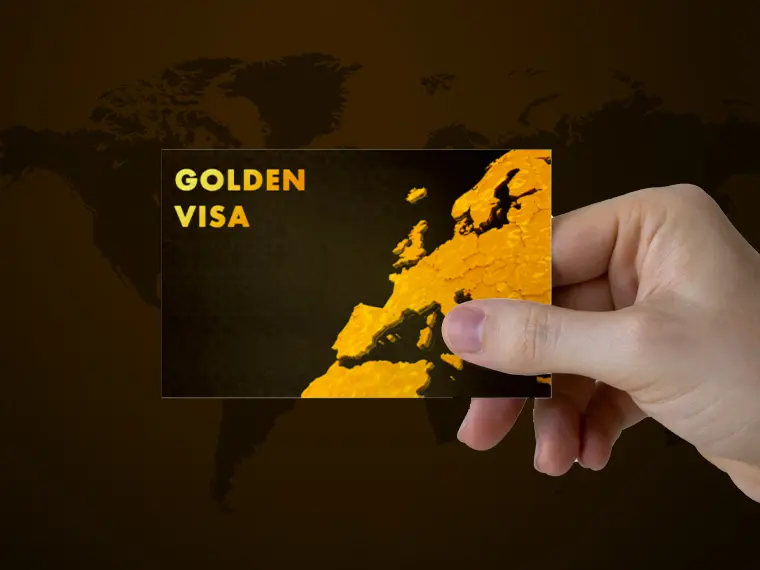
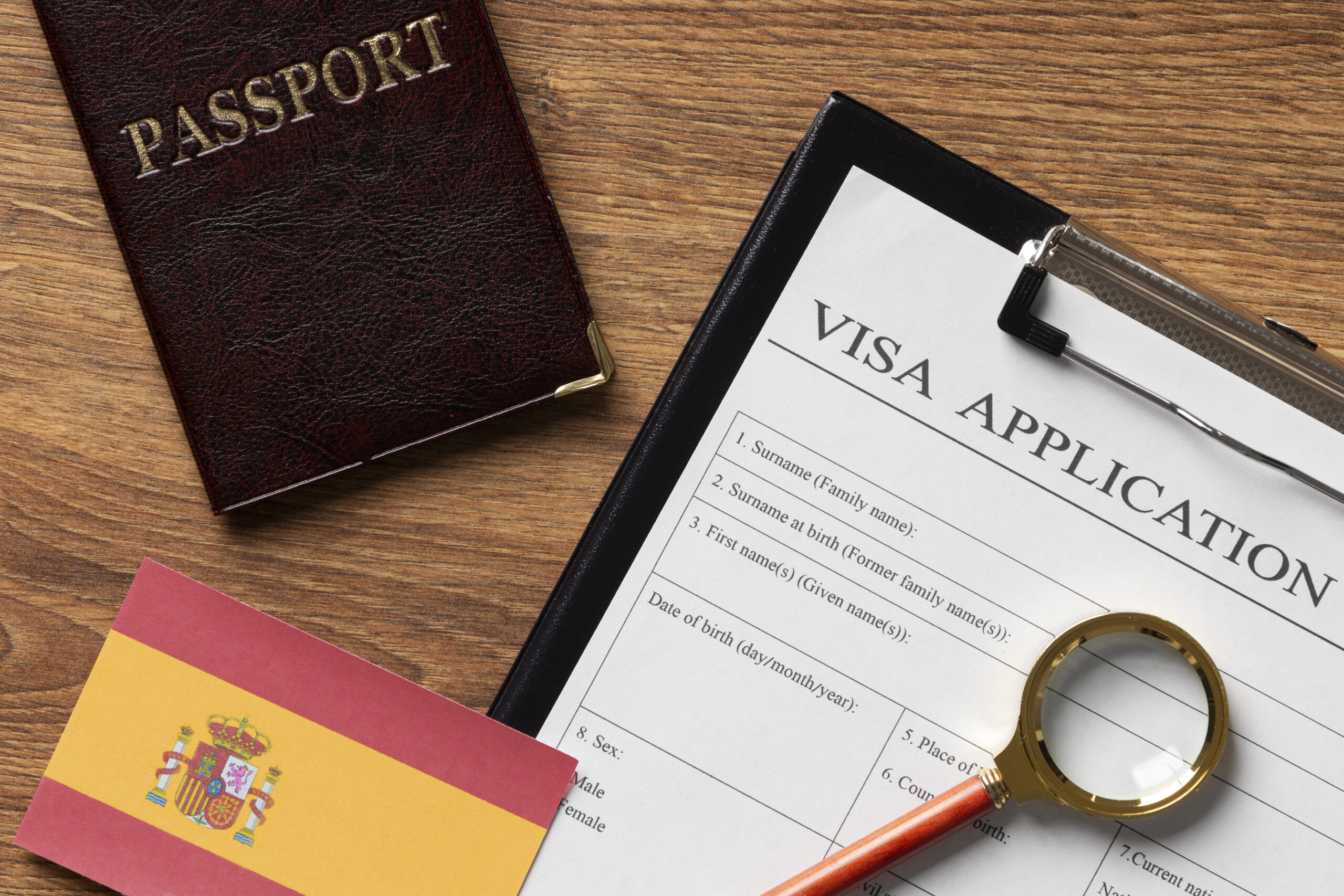

 Contact Us
Contact Us 



